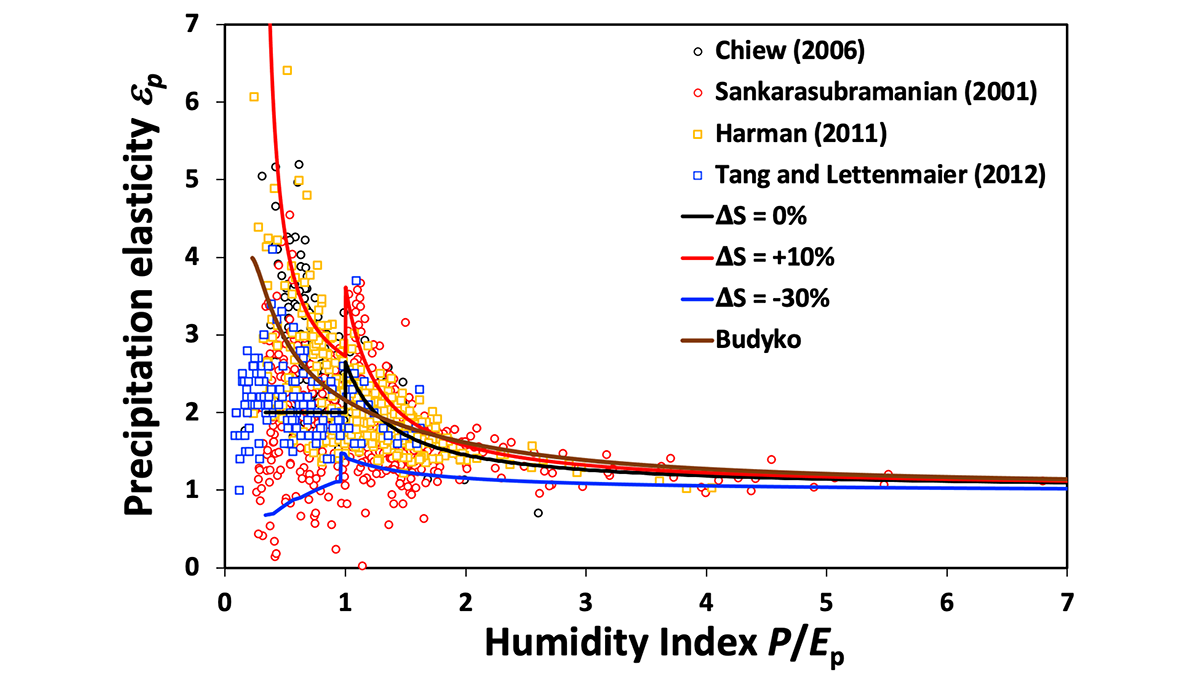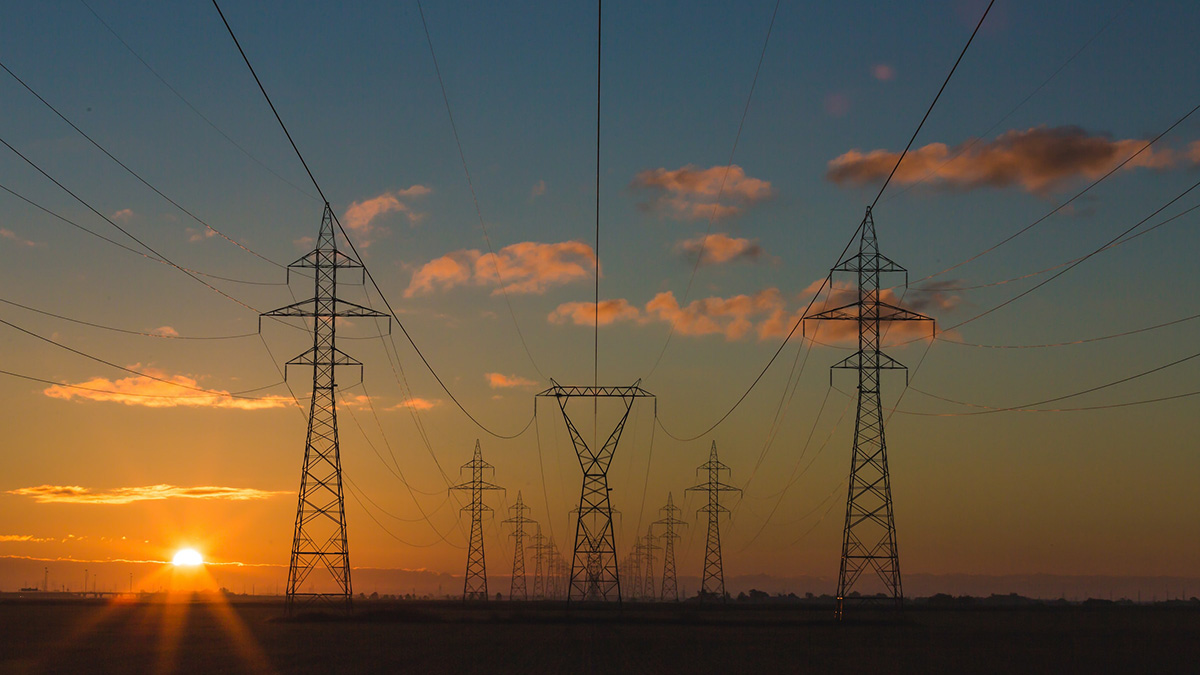Precipitation is partly used by vegetation and partly transformed into river flow. Quantifying the amount of water that is directly used by vegetation is essential to decipher climate change’s impact.
temperature
Nearby Volcano Planet Likely Fueled by Tidal Heating
A gravitational dance between a newly discovered exoplanet and its host star may be driving extreme volcanism on its surface.
Summer Heat Waves Could Cause Blackouts Across the Country
Higher than normal temps could strain grids that are not used to unprecedented heat waves.
Ancient Victims of Vesuvius May Have Baked in a Cloud of Ash
Debate still swirls around what killed ancient Romans during the 79 CE eruption. A study of wood charred by the event suggests a brief, but searing, flow of volcanic gas and debris.
Tracking Marine Heat Waves
Heat waves can happen in the depths, invisible at the ocean surface.
Heat Waves: A Growing Threat to Society and the Environment
With heat waves expected to worsen in the 21st century it is essential to take stock of our current understanding, knowledge gaps, and to set research priorities.
In the Pacific Northwest, 2021 Was the Hottest Year in a Millennium
A 1,000-year temperature record shows unprecedented warming in the Pacific Northwest, and new modeling predicts the likelihood of future heat waves in the decades to come.
Exoplanets May Support Life in the Terminator Zone
A new study finds that the intersection between a searing dayside and a freezing nightside could be habitable.
Climate Change Knocks It Out of the Park
A climate curve ball: Short-term gains in home runs might soon give way to long-term problems when it gets too hot to play.
Hypoxia Affects One in Eight Rivers Worldwide
A global study found dangerously low levels of dissolved oxygen in rivers around the world. The true prevalence of hypoxia is probably even higher.










